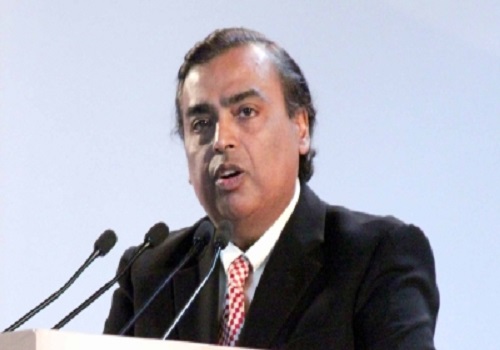Metabolic, bariatric surgery safe & effective for severely obese patients: Study

Metabolic and bariatric surgery is a potent and safe intervention for patients with a body mass index (BMI) exceeding 70, finds a study on Friday.
The popular weight loss surgery is majorly done in people with a BMI of 35 and above, and when diet and exercise haven't worked. People with serious health problems because of weight are also likely to undergo the surgery.
There is no accepted maximum BMI value considered to be prohibitive for those in need of bariatric surgery. However, it is commonly known that an increased BMI can raise the risk of post-surgical complications.
The research led by a team from the Pennington Biomedical Research Centre in the US analysed the data of 84 patients with excess obesity who received metabolic or bariatric surgery.
The findings, published in the journal Obesity Surgery, showed that the surgery-based obesity treatment led to low rates of complications 30 days post-operation.
“Patients with this level of obesity represent a growing demographic and one that requires nuanced care. The good news is, though these patients may be considered high risk due to their BMIs, bariatric and metabolic surgery remain largely safe for these patients,” said Dr. Florina Corpodean, postdoctoral researcher and surgical research fellow at Pennington Biomedical.
With the escalating prevalence of obesity, healthcare providers are increasingly managing patients with a BMI exceeding 70. The surgical procedure alters the stomach and intestines to help with weight loss. It also helps treat obesity-related metabolic disorders.
The researchers showed that the severely obese patients had a robust weight loss following their metabolic or bariatric surgery. Importantly, the results were durable up to one year following the operation.
Further, the patients also demonstrated low rates of complications and reoperations within the first year following surgery.
























